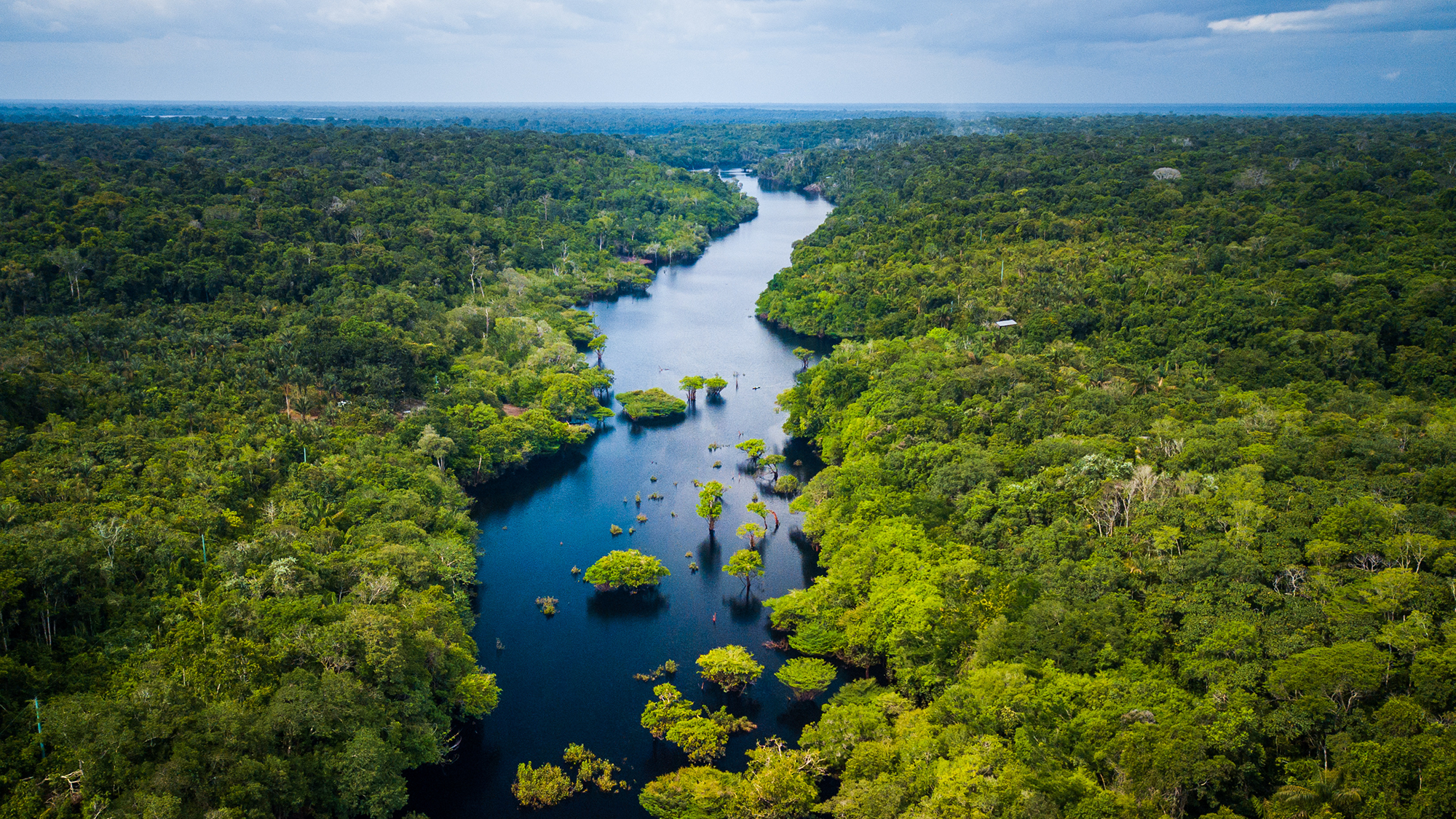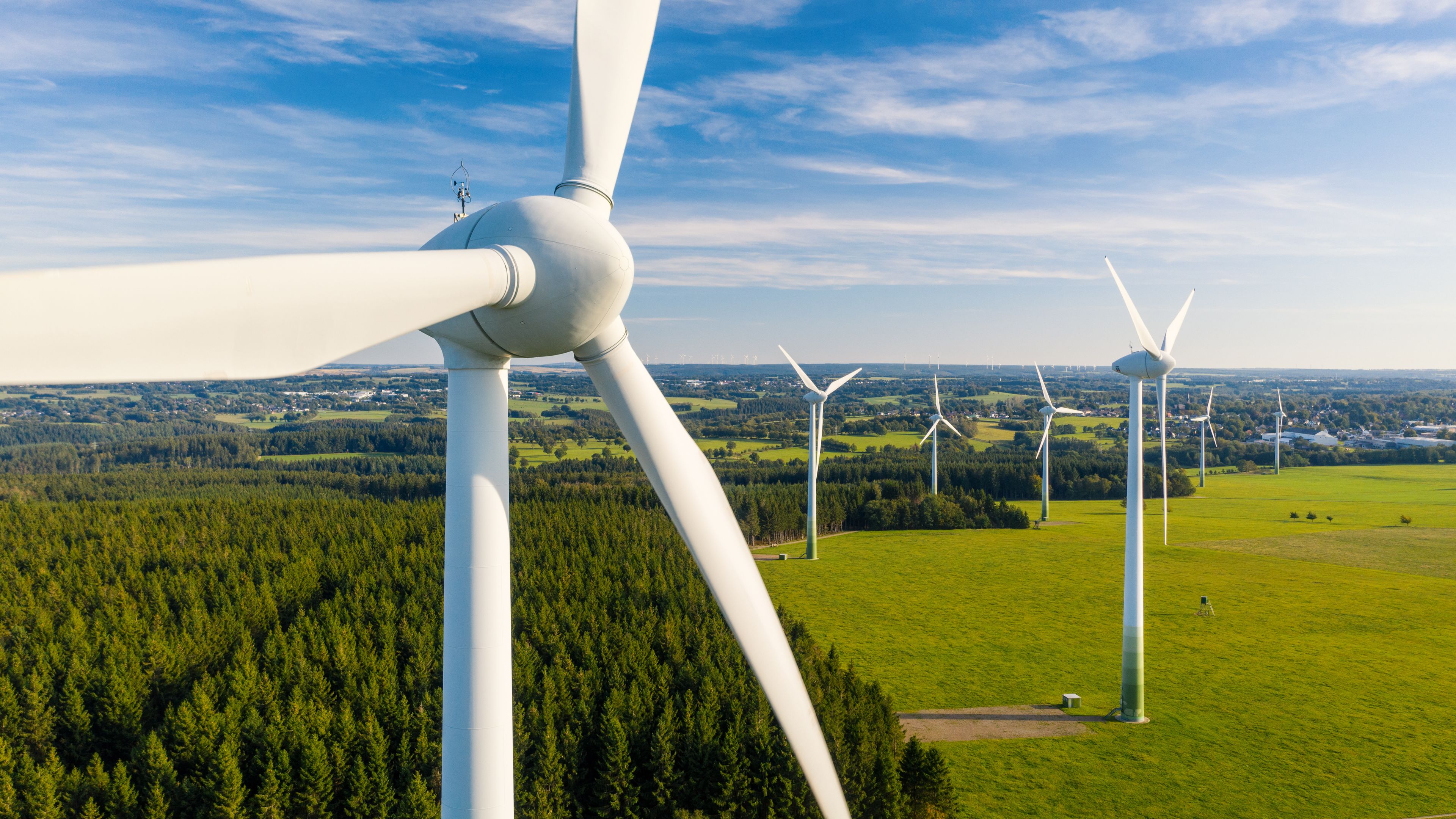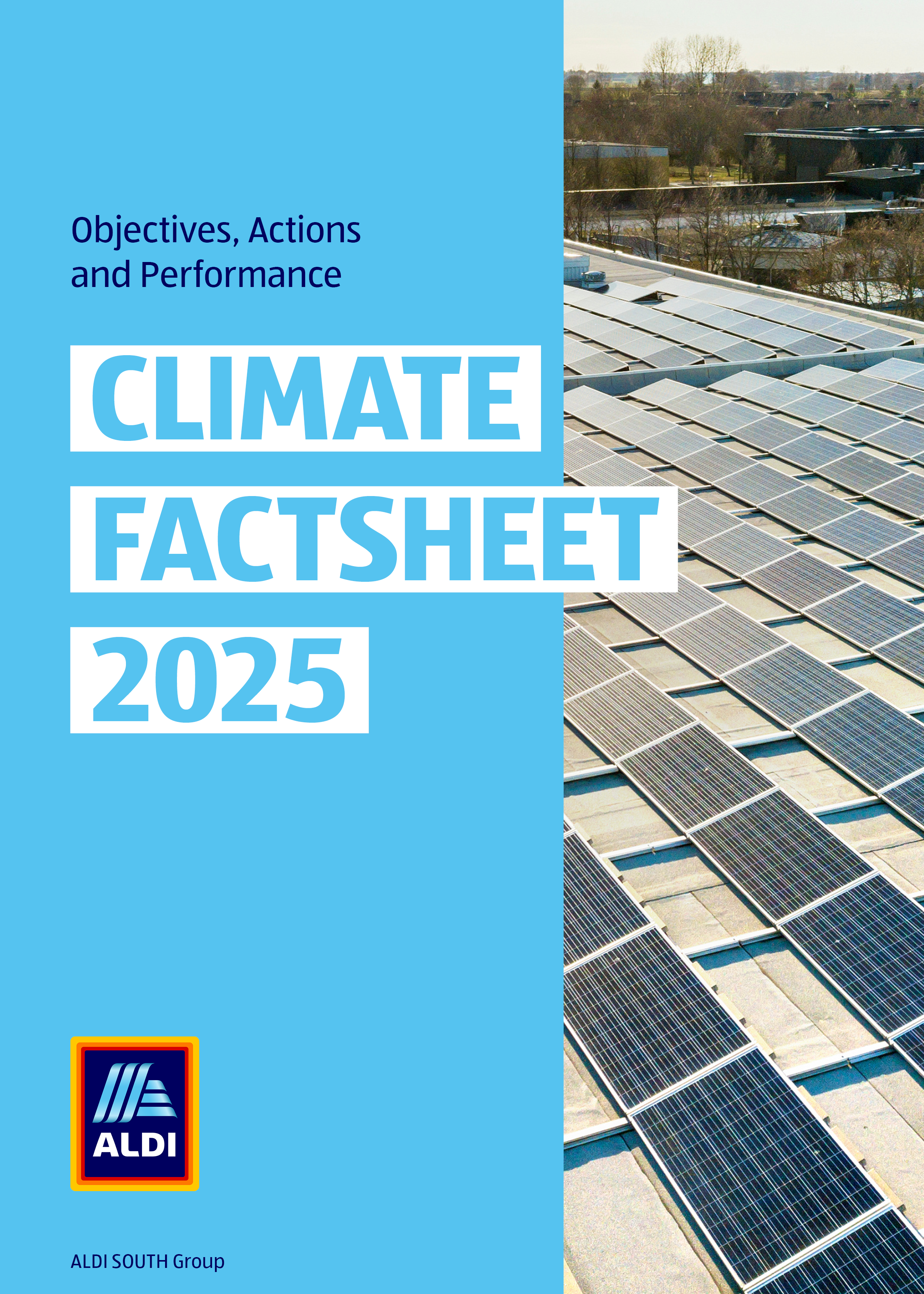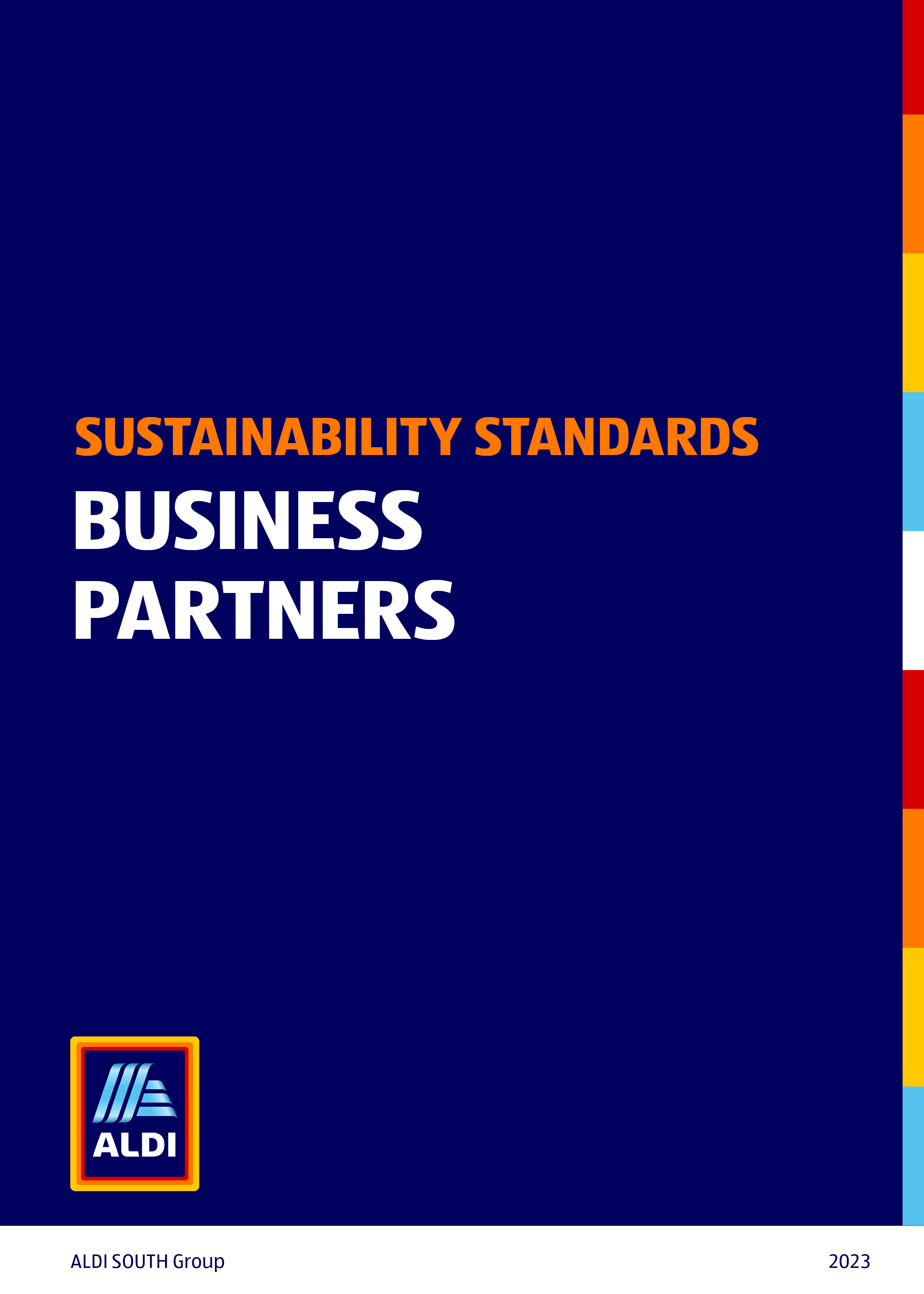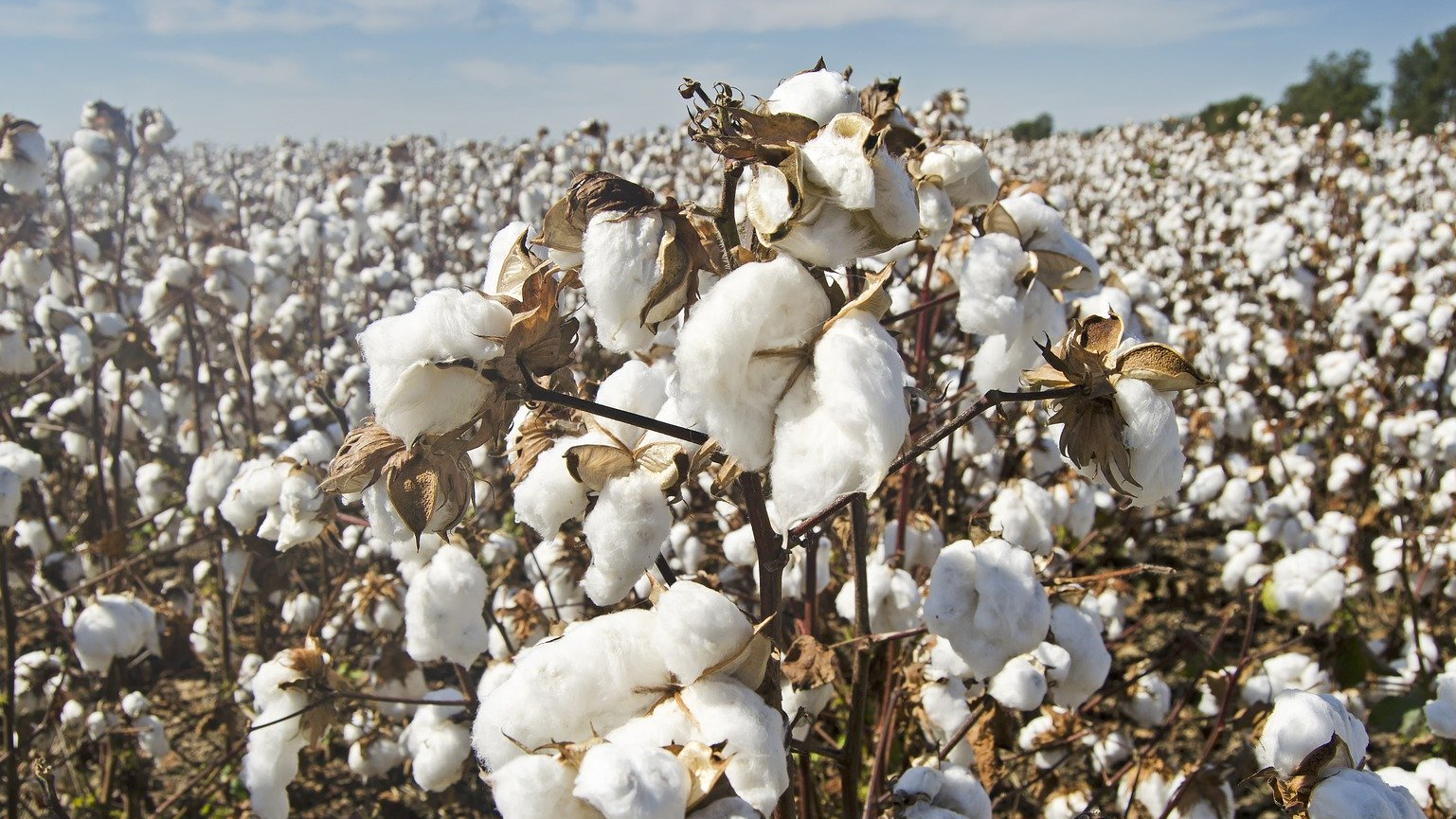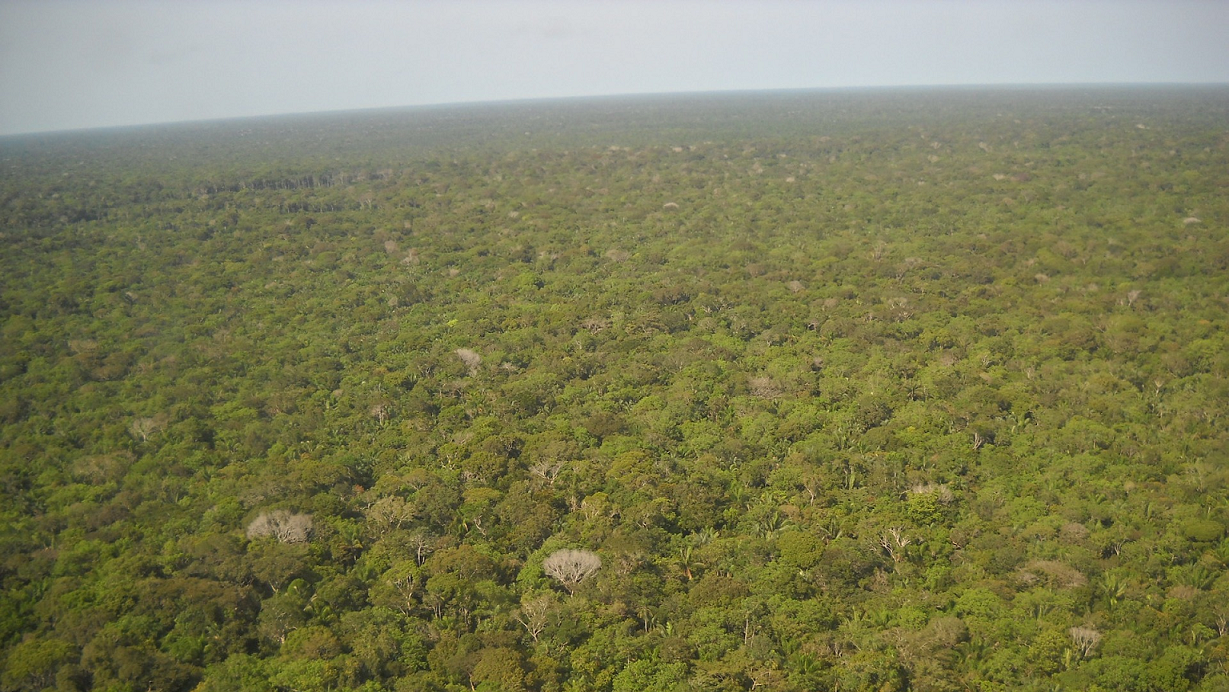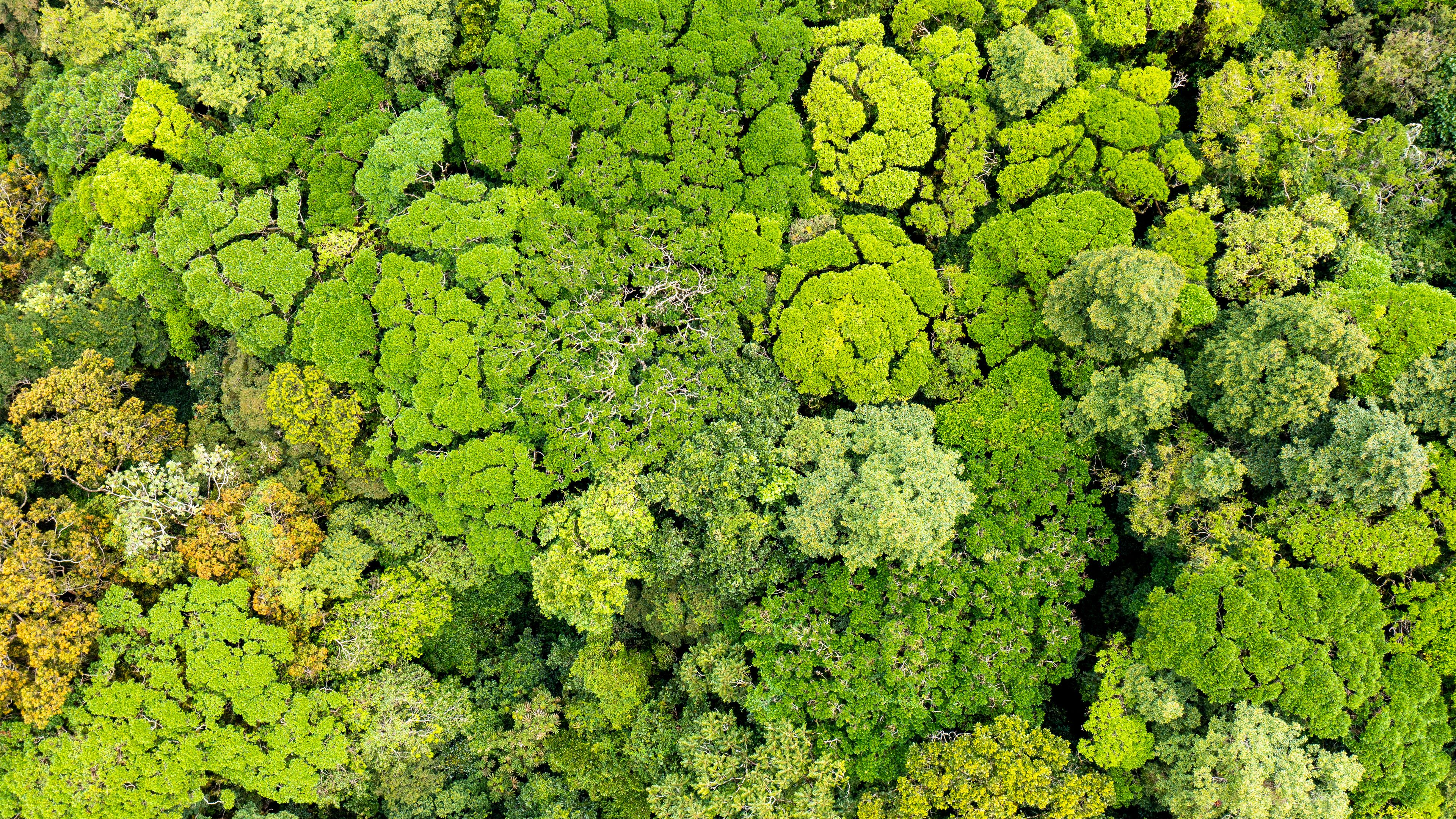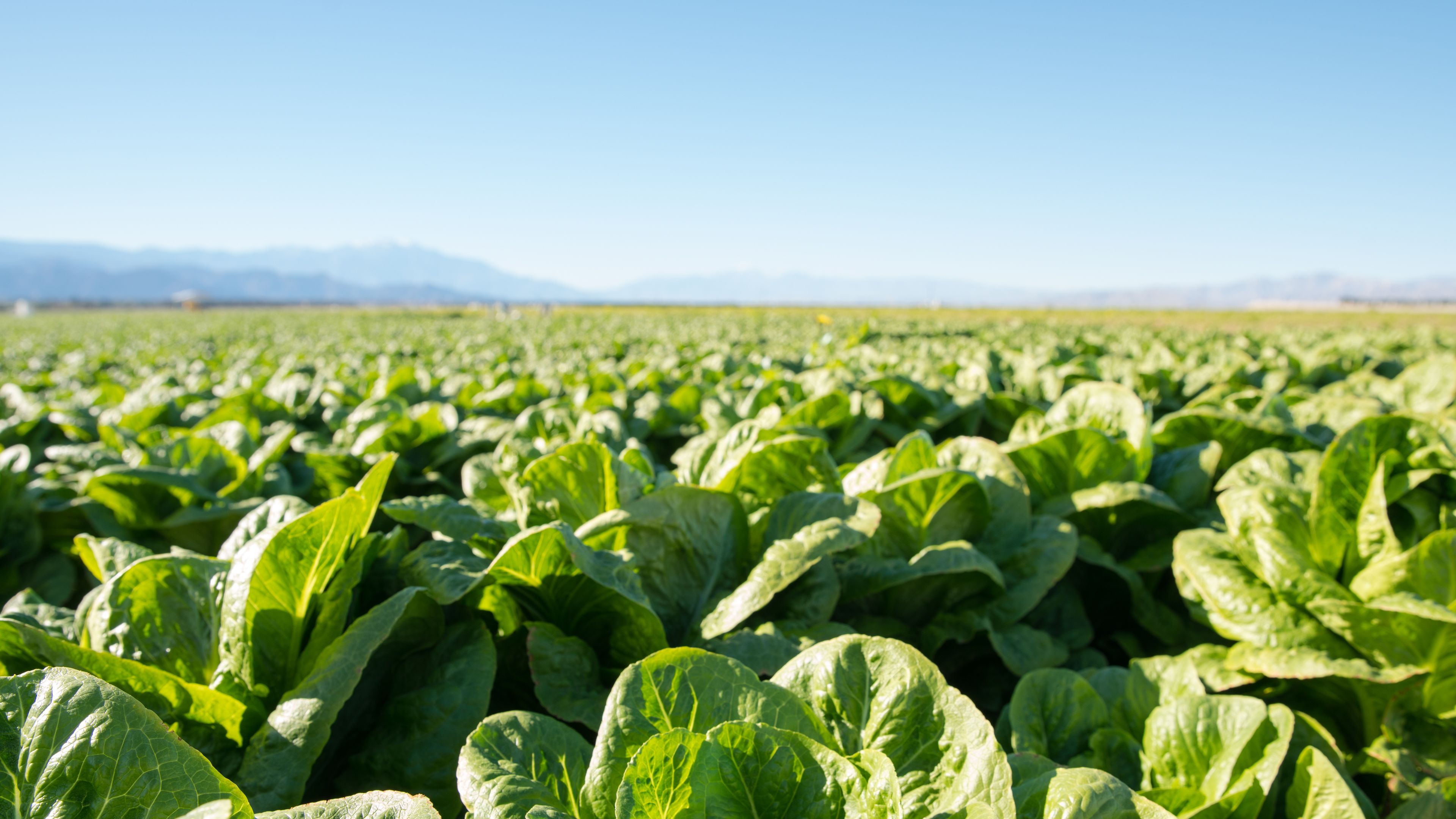
Agriculture is one of the biggest drivers of biodiversity loss and a major contributor to greenhouse gas emissions. At the ALDI SOUTH Group, our business is connected to many global food systems, and we have made environmental stewardship one of the cornerstones of our sustainability strategy.
The impact of intensive farming on the environment
Decades of intensive agriculture have transformed our planet, leaving our natural resources at risk and challenging their ability to sustain a growing world population. Farming requires substantial natural resources, particularly land for growing crops for animal feed and raising livestock for dairy and meat. Agriculture also relies heavily on freshwater sources, which has a direct impact on the environment.
The overuse of pesticides and herbicides, along with certain land management practices, has degraded our soils, leading to nutrient loss and increased carbon emissions. Livestock production significantly contributes to the carbon footprint of global agriculture. This factor, combined with increasingly volatile weather patterns due to climate change, means that farmers, retailers and consumers face an uncertain future when it comes to food. By supporting sustainable agriculture and farming practices, the ALDI SOUTH Group aims to drive positive change.
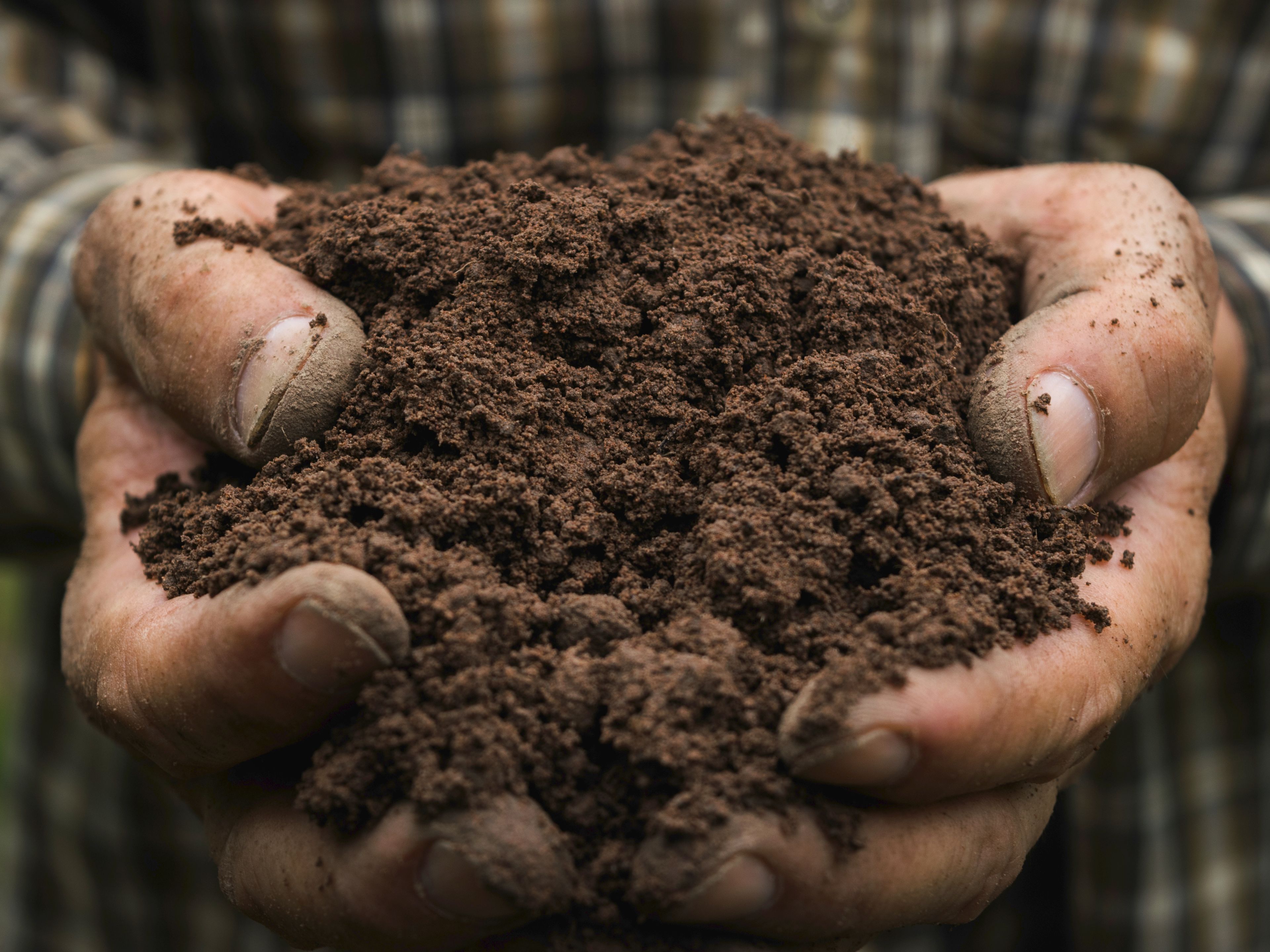
Promoting sustainable agriculture
As a retailer, we recognise the importance of addressing issues such as deforestation, overfishing, and promoting future-fit farming practices. Globally, the challenge is to restore biodiversity, address climate change, and feed a growing world population with nutritious, affordable food. Due to our global reach, the ALDI SOUTH Group understands the impact we could have to drive better agricultural practices through our buying approach and, conversely, the negative impact we could have if we do not act.
We promote sustainable agricultural practices in different markets and various commodities such as fresh fruits and vegetables, coffee, cocoa, and cotton. Our actions include reducing environmental impacts in countries of origin and expanding our range of responsibly sourced fish and seafood products in line with our existing commitments.
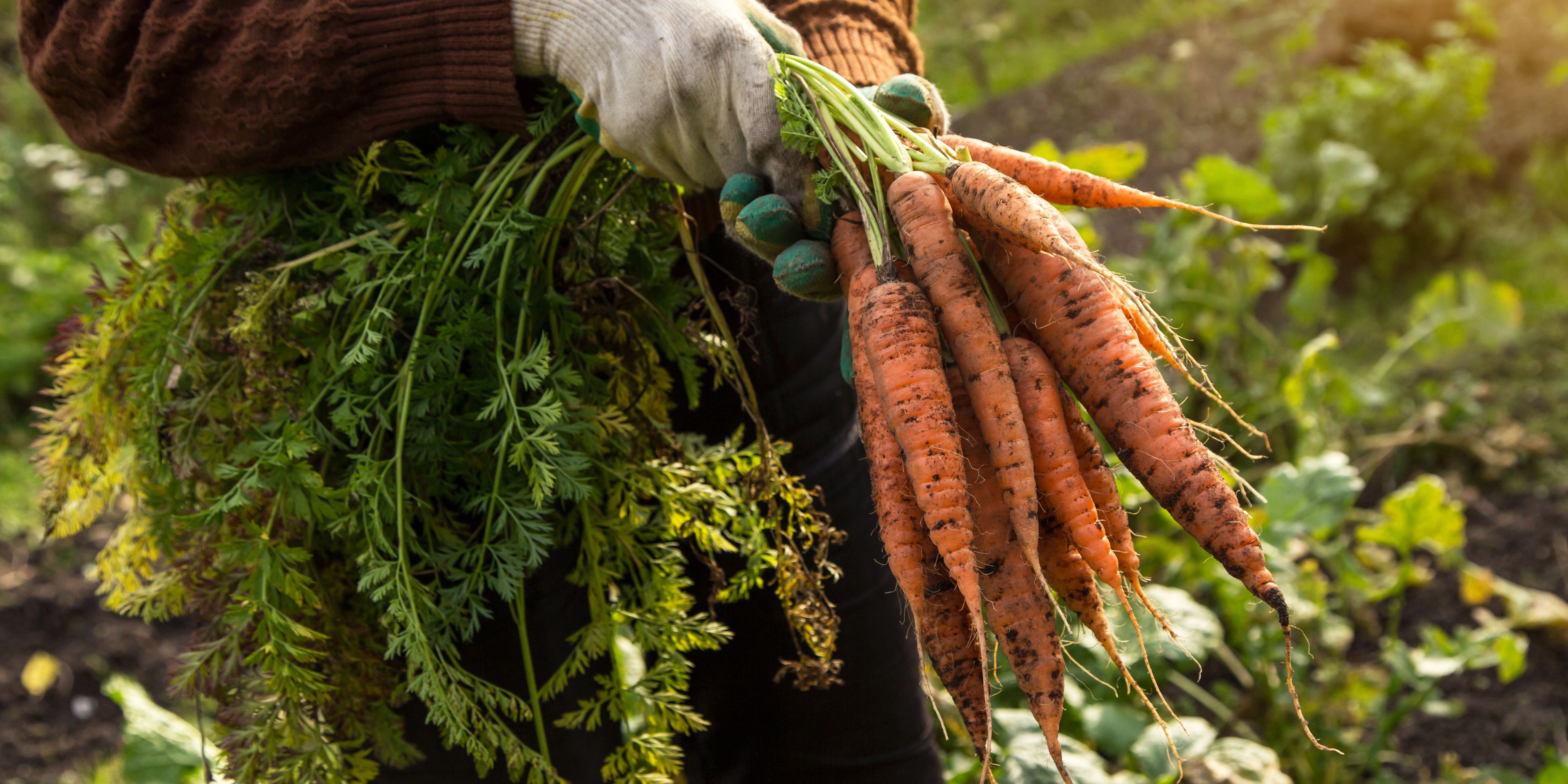
Farming and sourcing fish & seafood responsibly
Overfishing and unregulated fishing practices are threatening fish stocks and marine biodiversity around the world. As a result, most of the seafood consumed today comes from fish farms, which can be a threat to the environment. As part of the supply chain, we have a shared responsibility to stop polluting the world's oceans and protect our fish stocks and marine biodiversity. The ALDI SOUTH Group is committed to sustainable fishing and fish farming practices.
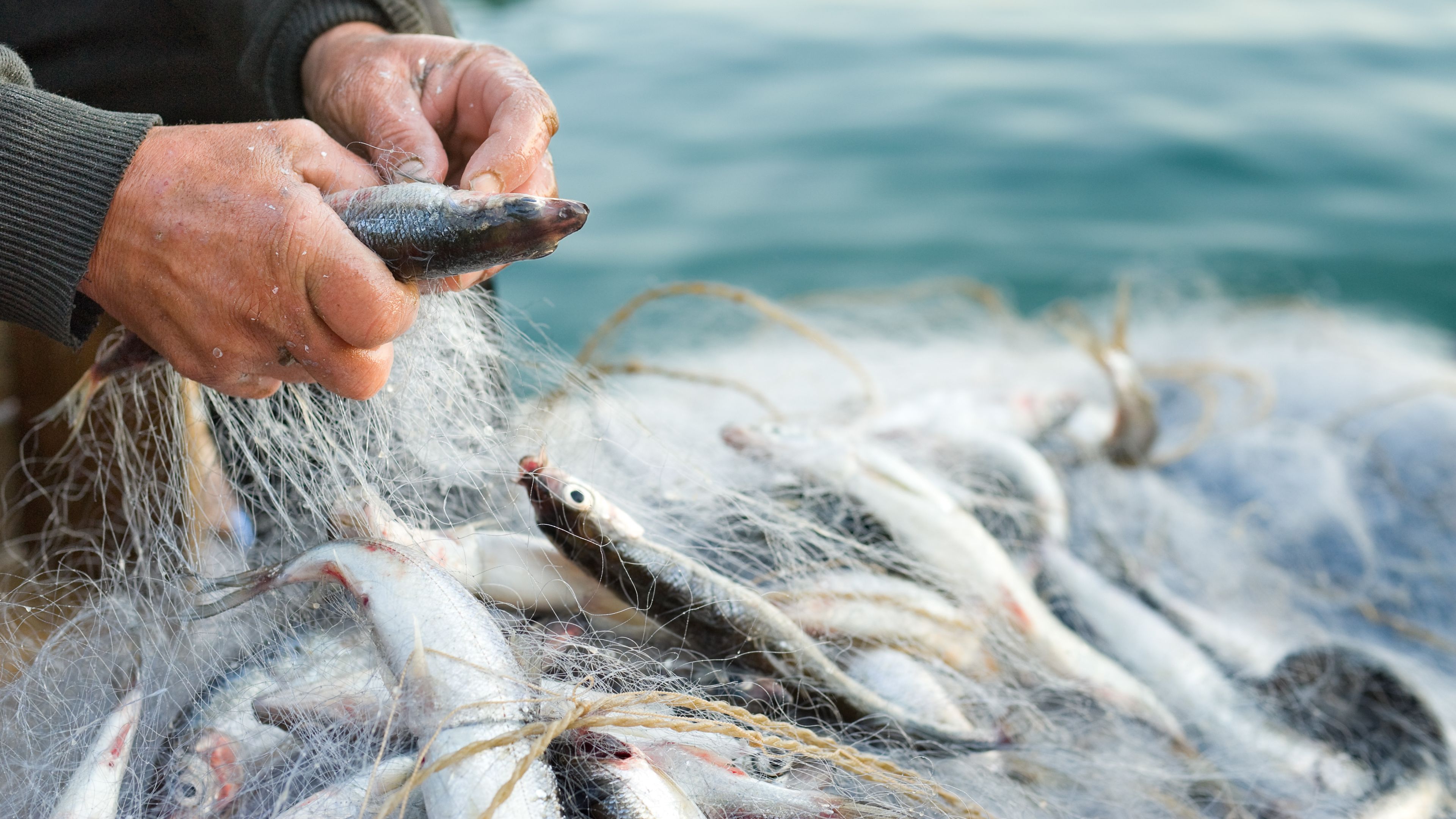
Science based targets for forestry, land and agriculture
The conversion and degradation of natural forests and other natural ecosystems to make space for agricultural land is a major driver of global habitat loss. It contributes to 15% of global greenhouse gas emissions.
Environmental stewardship as a cornerstone of our efforts
Most of our products are not sourced directly from producers or farmers but through our ALDI business partners. We set social and environmental standards for our partners and use reliable certification schemes. Business partners must ensure that their operations and value chains do not infringe upon the rights of people, communities and ecosystems through environmental degradation and pollution.
The ALDI Business Partner Sustainability Standards represent our minimum requirements. They include the business partner’s obligation to ensure that no violation of the rights of people, communities and ecosystems is taking place through environmental damage and pollution.
The power of certification
The ALDI SOUTH Group encourages its suppliers to source from certified farms. We rely on independent third-party certifications to strengthen sustainable standards within our supply chains, and we use our buying power to incentivise certified production.
Find out more about ALDI’s social and environmental standards and what certification schemes we use when sourcing products.
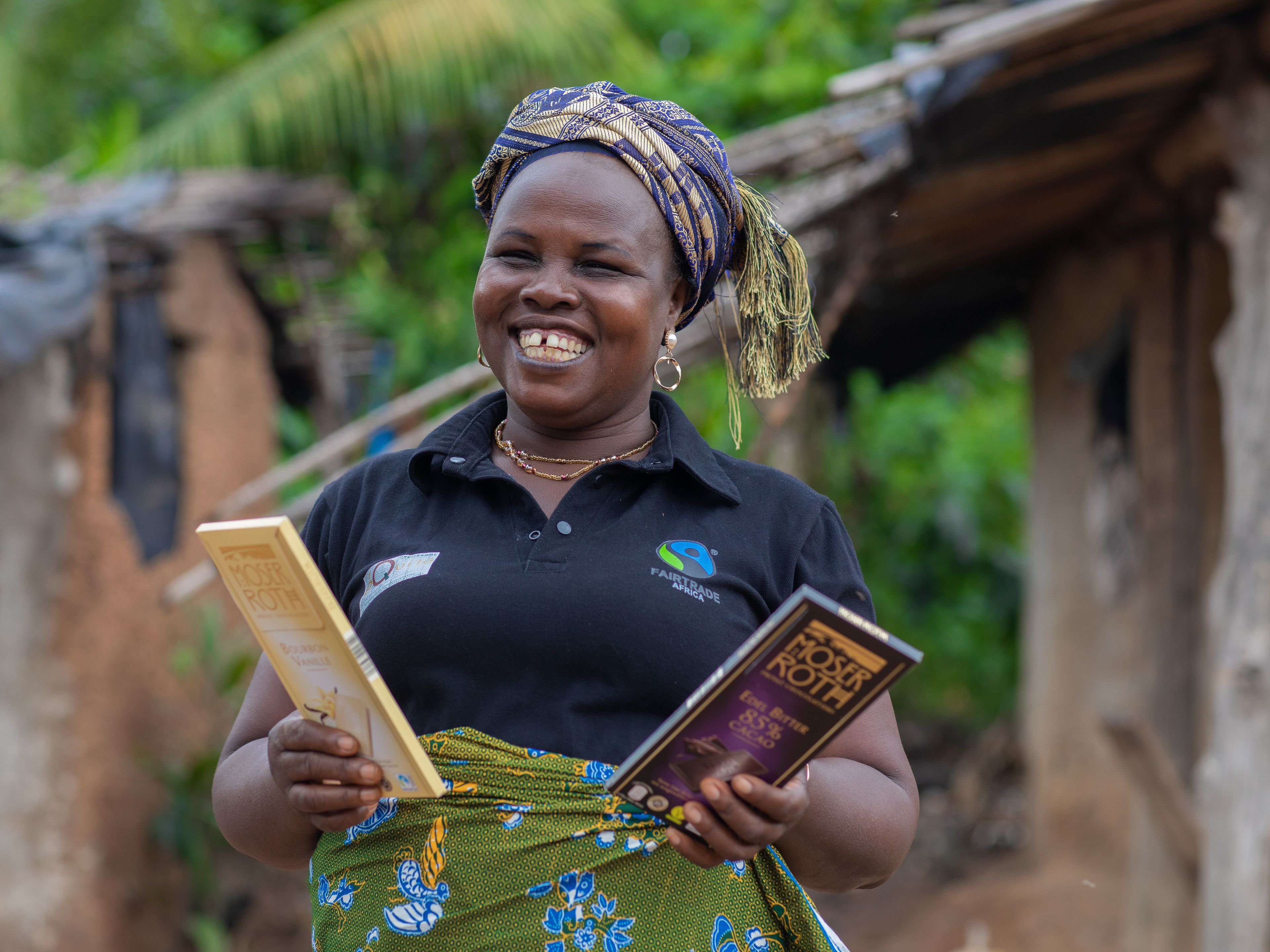
Find out more about our policies, initiatives, and projects for agriculture. The Climate Factsheet provides information about the ALDI SOUTH Group for benchmarking inquiries.
Source: *WWF
